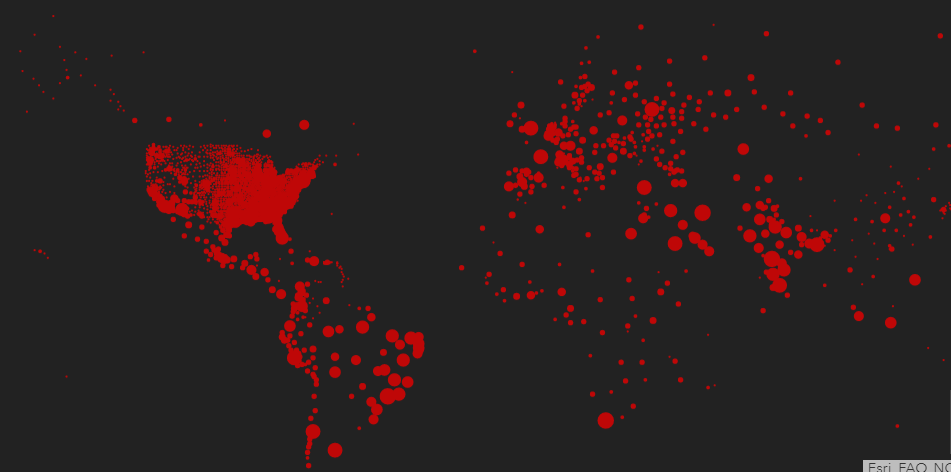
The blog speaks to our project on the public value of science (which can be found in the ISC Action Plan) which aims to increase awareness amongst wider publics, policy-makers and decision-makers of science as a global public good.
The first blog entry “Sharing statistical thinking – an essential skill for reading the news” from 21 July, by Ashley Steel and Peter Guttorp (ISI Vice-President), explains how the idea for the blog came about in March 2020 when “the news was full of data, and statisticians all over the world were busy reading it” :
“At that time, two things occurred nearly simultaneously. Peter reacted to a column on the editorial page of the Seattle Times by writing an opinion piece about epidemic modelling; however, the newspaper was not interested in publishing it. Ashley was working on an idea for a newspaper column about how a statistician reads the news during a pandemic, but lacked a forum for it. We were both a bit frustrated, as we felt we had important things to say that might be of interest to others, both statisticians and non-statisticians. We discovered we were not alone and amassed a fabulous group of statistical writers from different parts of the world. Each committed to writing a few pieces a year about statisticians reading the news.
Statisticians have always played a special role in figuring out what information to believe. Where does information come from? People make observations about the world and then they make inference from those observations to claim, for example, that gravity brings objects to Earth, that a change in diet causes weight loss, or that a new drug cures an old disease. How those observations are structured makes a big difference in how any claims of new knowledge should be interpreted. How and to what the inference is made is also a tricky business; doing it well, with or without a lot of mathematical calculations, is not easy. Statisticians are trained in these activities: making carefully structured observations and making inference from those observations, often but not always with mathematical equations to describe relationships and processes. Beyond their initial training, statisticians end up seeing a lot of happy examples in which observations lead to profound insight and, sadly, even more examples in which the whole chain of logic crumbles on careful examination. Statisticians, therefore, end up with a special kind of wisdom, or perhaps scepticism, about the whole process of generating new knowledge and we bring this wisdom with us when we read the news.
It turns out that during pandemics, newspapers are chock full of data and claims of new knowledge whether it be about disease transmission mechanisms and rates, projections of hospitalizations, or the value of various personal decisions like washing hands, wearing masks, or taking medications. We all, statisticians and non-statisticians, read the newspaper and try to figure out the best personal decisions or try to estimate what we should expect the world to look like in a week, a month, or a year. But we do it differently, statisticians and non-statisticians. The difference has always been there, but the recent mountains of data and avalanches of claims of new knowledge have brought these differences into sharp focus. We, as statisticians, ask particular questions of news stories, laugh when no one else is laughing, and get particularly frustrated when observations are poorly structured or inferences are made incorrectly. There is wisdom in our scepticism that can be useful for making personal decisions about what to do every day, for deciding what to believe and what to ignore, and for demanding more of our leaders. […]”
By sharing their perspectives and experience via the weekly blog, the ISI hopes that readers will ask more statistically nuanced questions and read with efficient scepticism. Visit the full blog or read about the controversy of disclosing official data on the state of the pandemic in the recent blog entry “The battle over the pandemic data”.